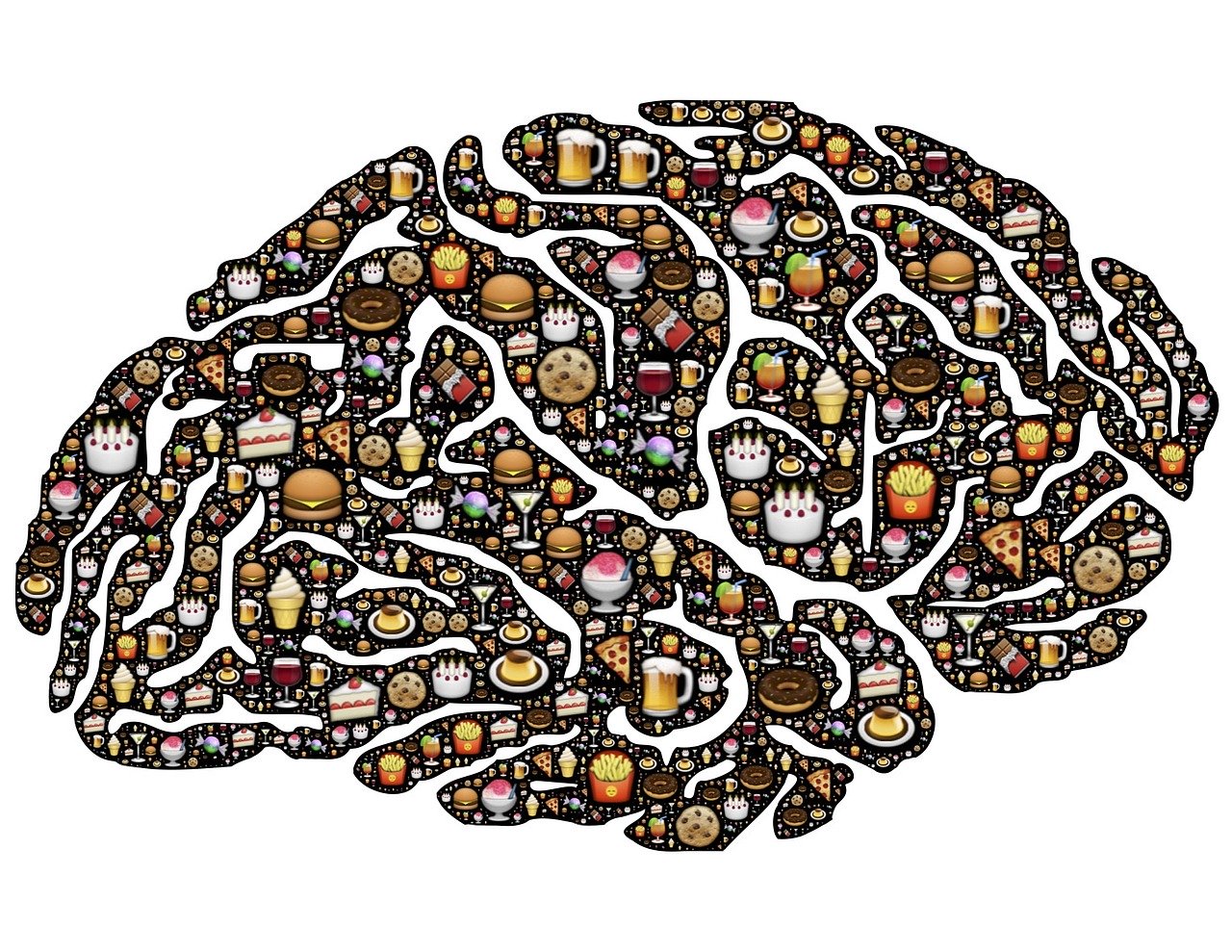These are unprecedented times we are living right now. COVID-19 has many of us experiencing a wide range of emotions, from good moods to bad moods in rapid succession and sometimes even at the same time. From stress to hopefulness to anxiety, all in a matter of hours or minutes each day.
As I write this morning, my mind is anxious to hear if my oldest son’s college will open its dorms this fall. At the same time, I’m so excited for him to start a new learning adventure. I had yogurt and eggs for breakfast, but I couldn’t resist a couple of chocolate chip cookies mid-morning.
When emotions overtake our lives, our bodies are depleted of vital nutrients, and our digestive system shuts down. You’ve heard of “fight or flight.” A disproportionate amount of energy is allocated to responding to our stressors, and our body systems are neglected. This imbalance has adverse effects on our moods and a host of other undesired consequences, including a weakened immune system. Then we feel even crappier, possibly leading to poor or even more unhealthy food choices that continue the bad mood cycle, hence the cookies I ate. During times of stress, it’s more important than ever to take care of our bodies with love and kindness and strive for that healthy lifestyle.
Part of your choices leading to better health might include talking with a certified personal development life coach or exploring your options with a certified career coach. They, along with our 5 other Workshop Facilitatores, are available for you to experience with a 30-Day Guest Pass. Go ahead, tap into their expertise!
Many things in life that that we can’t control will affect our moods and emotions, like losing a loved one or not getting that dream job you have always wanted. But all is not lost! We can exercise some control over our reactions to everyday things that should not drastically vary our moods, like snapping at a loved one over “spilled milk.” Our brain is responsible for how we react to situations, and if it doesn’t have the right nutrients, our emotions may go awry. Our goal is to keep pumping beneficial nutrients into our bodies, not only for our muscles but our brains, too!
So, let’s talk about a few important food groups that can affect our moods and how our bodies react to them.
Sugar – Sugar is one of the most addicting substances known. Of course, sugar comes from a plant, and I’m sure my teenagers would like to point out that “plants are healthy,” but most of the limited beneficial nutrients are stripped away during processing. This simple carbohydrate is one of our bodies’ most destructive enemies.
White-flour starches – These starches are almost as shocking to our bodies as sugar. Both white-flour starches and sugars are converted into glucose very quickly, wreaking havoc on our bodies. Our bodies initially feel a high from both of these substances, but we are quickly left hungry, empty, cranky, and feeling down, leading to consuming more of these disruptive substances. They also deplete our mineral stores.
Wheat – Some people genuinely have a gluten allergy, but many people are sensitive to the gluten protein found in wheat and its “cousins.” Gluten can irritate, inflame, and rupture the lining of the digestive tract. An unhealthy digestive tract prevents nutrients from food to be absorbed well, leading to vitamin and mineral deficiencies, which can create mood problems, as well as other health concerns.
Fats – Just like moods, there are good fats and bad fats. Bad fats are oils like vegetable oil, margarine, shortening, corn oil, and canola oil. Most processed food contains these types of oils. These oils are volatile and become rancid quickly. When these oils become rancid, they oxidize and cause damage to cells and tissues. You can see the results of oxidation when a cut apple turns brown when exposed to air. These oils are also high in Omega-6 fat, which we need a bit of but are consuming too much. Overindulging in Omega-6 causes inflammation, especially in the digestive tract, limiting the absorption of nutrients.
Good fats – For a while in my early 20s, my motto was, “Fat is the enemy.” Now I know better. Good fats make our bodies feel good! Our brains should maintain a high composition of specialized fatty substances. Our bodies need good fats in appropriate quantities to keep up the balance. Omega-3 fats go straight to our brains and give our moods a boost. Typically, Omega-3 oil is found in fish, flaxseed, and other nuts and seeds.
Protein – This nutrient is probably the most important to make sure you consume in adequate amounts. Your brain uses amino acids as its fuel to make essential neurotransmitters. Amino acids are the building blocks of protein. These neurotransmitters help us feel optimistic, enthusiastic, calm and comforted. A healthy serving of 20-30 grams of protein with each meal, including breakfast, will help to keep the neurotransmitters doing their job.
It is essential to honor your body and your emotions. What you are feeling is unique to you and is valid. Eat with care, and don’t berate yourself for slipping up. Keep working toward good mood foods and staying away from bad mood food. Every little bite gets you on track to a better mood.
Our Her Nexx Chapter Community invites you to join us where women are connecting with each other’s stories, exploring different experiences, and transforming ideas.
The Future of Connection for Women
.
- Give Some Extra Love to Your Body with a Gentle Detox Plan - March 4, 2021
- Moods and Foods - September 22, 2020







